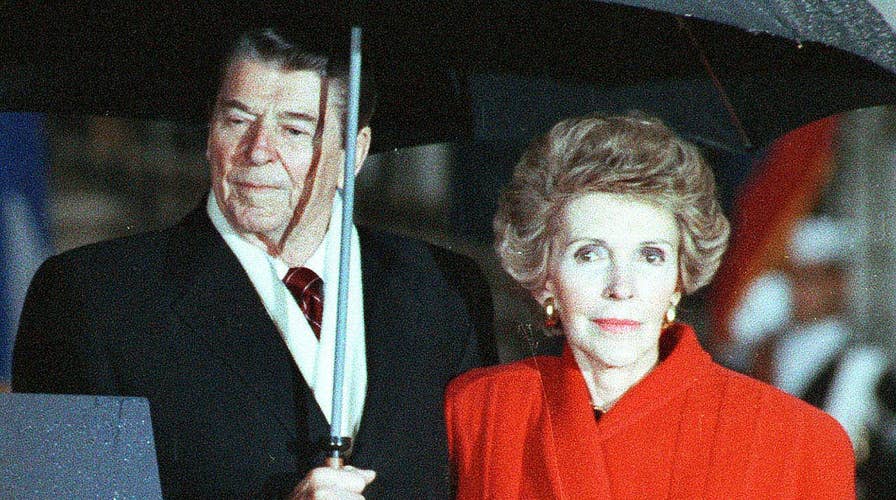Is President Trump building on Reagan's blueprint?
Former executive assistant to President Reagan reflects on the staff changes.
Like Ronald Reagan, Donald Trump is an outsider who refuses to accept that business can't get done in Washington.
Both presidents were elected by working men and women in America, not just by the coastal elites, and were sent to the White House to do things differently - a charge they both took seriously.
There are many criticizing the so-called "revolving door" of Trump staff, yet as with everything in life it's all about perception. Are these changes bringing in people who are better aligned with the president's vision? Is he elevating proven leaders who will assist in accomplishing his agenda and the will of the people who elected him? If so, then these personnel adjustments are good.
Perhaps instead of being so quick to criticize change, we should look at the danger of the converse. When leaders, and even past administrations, keep ineffective staffers in positions too long they become too imbedded, too comfortable in their role, or even worse – become destructive. So an unwillingness to make needed change can have negative consequences as well.
The average American can’t name President Trump’s entire cabinet, or list his senior staff, but instead cares about secure borders, a strong military, lower taxes, increased opportunity and a promising future for the next generation.
Both Reagan and Trump cared about results and production more than protocol or process and weren't beholden to working in the ways of the swamp. Having come from outside the beltway, it’s hard for them to understand why the wheels of government move so slowly and often with staggering inefficiency. In the business arena, if someone isn't pulling the weight of their own job or isn't a team player, they are let go. If someone is out of step with the goal or mission of an organization, even if they are a good person or are extremely talented, if they aren't moving things forward they are just taking up the space of someone else who will. There's no reason why government shouldn't work the same way.
Business owners don't have the luxury of keeping ineffective people around and just hope things will change. Businesses have the urgency of a bottom line to answer to and have to make tough, and often expedient decisions in order to stay solvent - and answer to their shareholders. This is Trump's background and it is how he continues to make staffing decisions and changes. It's different and unfamiliar to Washington, but that doesn't mean it's wrong.
Reagan had numerous staffing changes, several within the first year or so. Looking at some of his second appointees, they are the very people that we closely associate with the successes of his presidency - George Schultz, James Baker, Ed Meese, William Clark, Bill Bennett, Elizabeth Dole. All replaced someone else. While President Trump is bringing some Reagan people and some Bush people on board, all that matters now is if they are true Trump people.
Much of what President Trump has accomplished has been through sheer grit and will – in spite of strong headwinds, even from his own party. He has so many people against him, he needs everyone in his own little staff boat to be vigorously rowing in the same direction. He needs a team around him that he can rely on - it's often all he has. That's not unreasonable to expect. However he finds those people, and however many he needs to trade out before he finds his winning team, to the outsider it may look like chaos, but to those on Team Trump it looks like progress. To his critics it is seen as impulsive, to his supporters it is seen as decisive.
The average American can’t name President Trump’s entire cabinet, or list his senior staff, but instead cares about secure borders, a strong military, lower taxes, increased opportunity and a promising future for the next generation. And that's exactly what President Trump is trying to accomplish. That is what he was sent to Washington to do. That is what he is trying to do. And he will continue to find others who will join his team and help him in doing so.









































